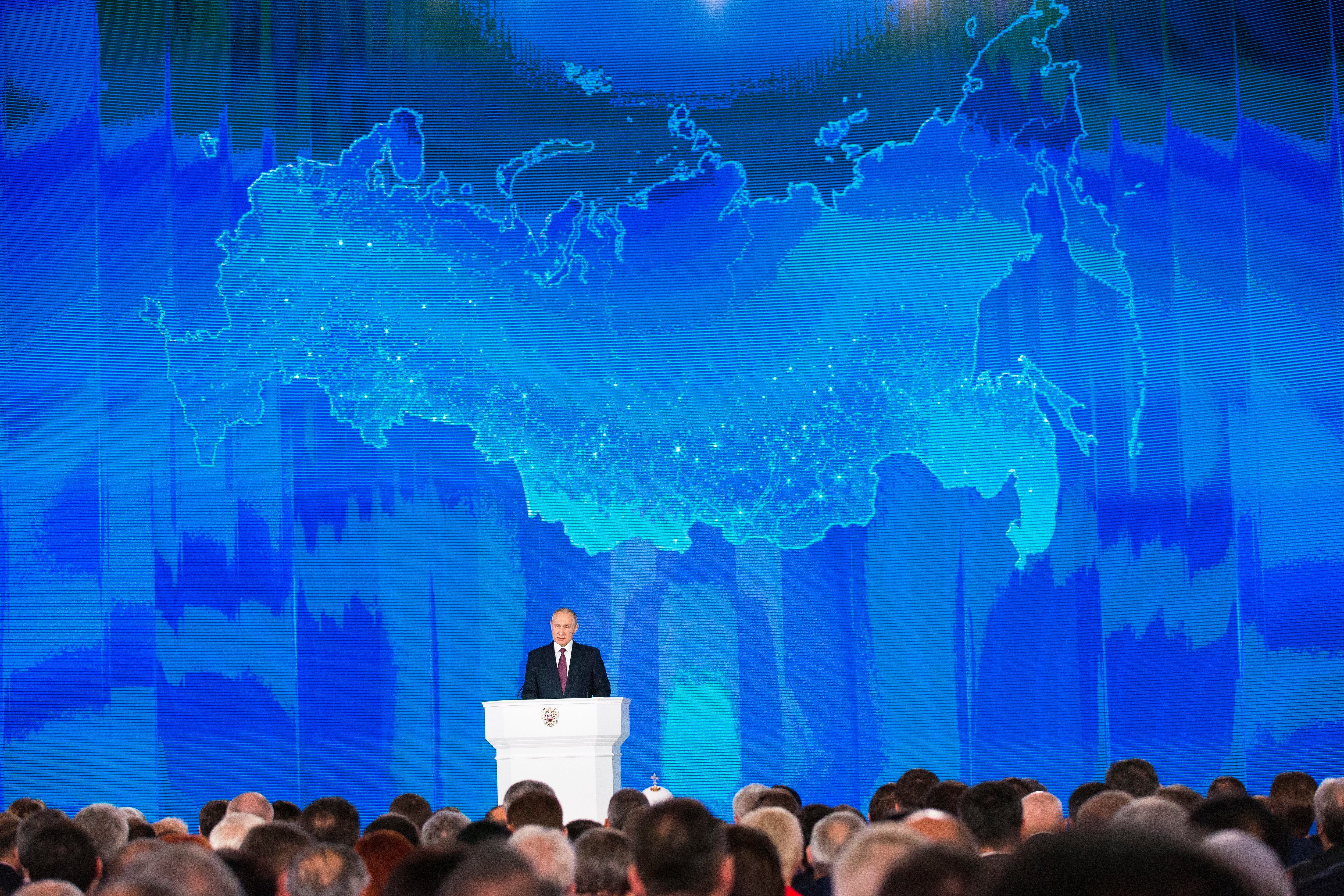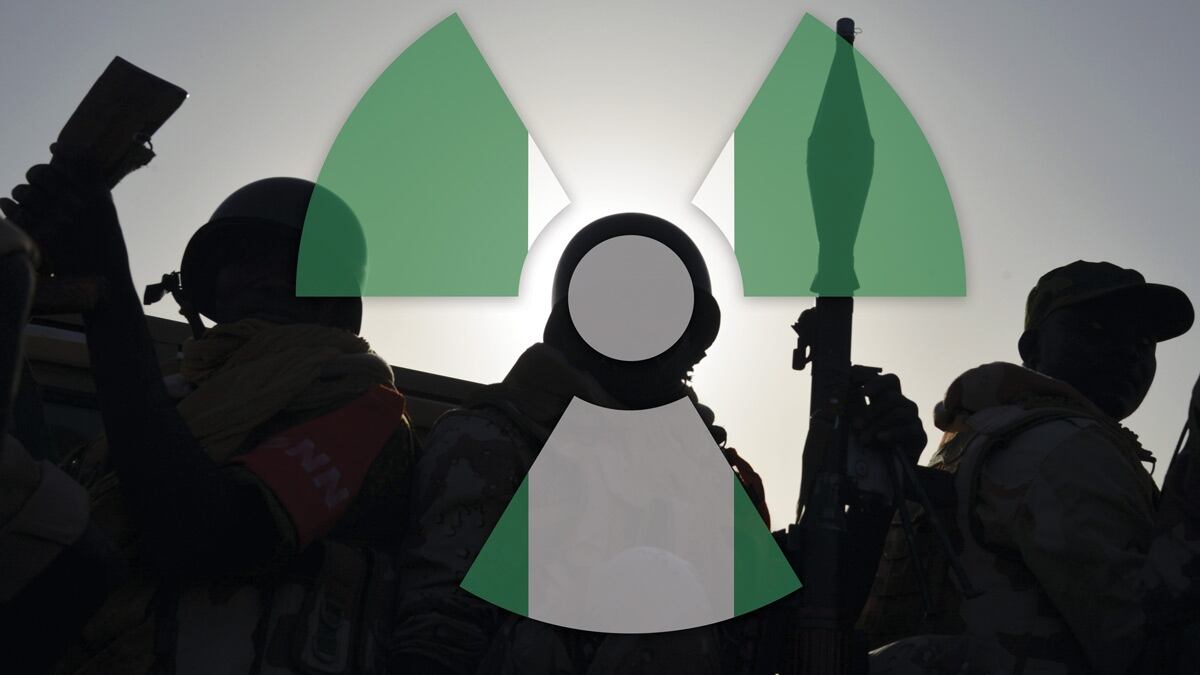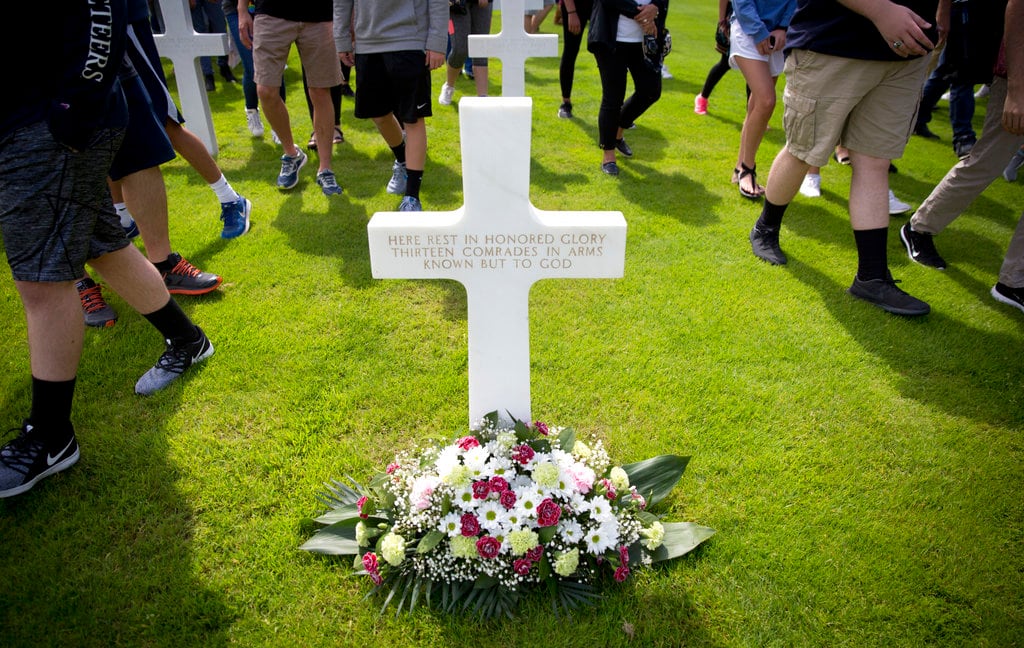WASHINGTON ― U.S. President Donald Trump was optimistic on Tuesday about notional negotiations with Russia and China on a new nuclear weapons treaty, but State Department officials painted a murkier picture in testimony to skeptical lawmakers on Capitol Hill.
The conflicting accounts came as arms control advocates and some lawmakers worry that the Trump administration could let a 2010 arms reduction treaty, New START, expire in 2021, leaving no limits on the world’s two largest nuclear arsenals.
With time running out for Trump to achieve his ambitious goals of a new trilateral agreement with Russia and China that sets new limits on Russia’s shorter-range “tactical” nukes, lawmakers told administration officials that a lack of progress is no reason to let New START expire.
“I think what we don’t want to see is China used as an excuse to blow up the existing or potential extension of an agreement with Russia that contributes to international security, and of course in the nuclear realm that’s important to our survival,” Sen. Jeff Merkley, D-Ore., told State Department officials Tuesday during a Senate Foreign Relations Committee hearing on Russia.
Though the treaty, which limits the number of strategic weapons, has been in doubt since Trump pulled the U.S. out of the Intermediate-Range Nuclear Forces Treaty this year, Trump said at NATO’s London meeting that his conversations with Russian President Vladimir Putin and Chinese officials on nuclear arms control had gone well.
“With respect to nuclear weapons, I’ve spoken with President [Vladimir] Putin, and I’ve communicated with him. He very much, and so do we, want to work out a treaty of some kind on nuclear that will probably include China at some point, and [France] by the way, but it will include China and some other countries,” Trump said.
Top Chinese officials previously made clear that Beijing will not participate in trilateral talks, but Trump on Tuesday said that when he raised the issue with Chinese officials during separate trade negotiations, “they were extremely excited about getting involved. ... So some very good things can happen with respect to that.”
RELATED

The U.S. previously argued that Russia was out of compliance with the INF Treaty ― something Russia denied. However, Washington’s position is that Moscow is in compliance with New START, which restricts each country to a total of 1,550 warheads deployed on bombers, submarines and in underground silos.
There is an option to extend the treaty for up to five years should the U.S. and Russia agree, but the Trump administration has not committed to doing so.
Proposed bipartisan legislation in both the House and Senate is a signal that some in Congress want the government to extend New START, so long as Russia is in compliance, but neither bill has been taken up in committee.
At the Russia hearing, testimony from Assistant Secretary of State for International Security and Nonproliferation Christopher Ford suggested the administration’s efforts had not made significant headway, even as the official warned Russia and China have expanded their nuclear arsenals.
The State Department has thus far convened teams of experts on a possible New START extension and other issues, Ford said in written testimony. He made no mention of any dedicated negotiation strategy, team or dedicated talks.
“We are hard at work on these issues and hope to have more to say about this soon,” Ford said.
Senate Foreign Relations Committee Chairman Jim Risch, R-Idaho, opposed New START before it was ratified 2010, and he recently said that it should be allowed to lapse under current circumstances. After Tuesday’s hearing, he described himself as “very cautious and skeptical” about the administration’s process, and he stopped short of saying it was moving forward.
“I wouldn’t characterize it as that at this point. I’m hopeful that will happen. I don’t think we’re there yet,” Risch said.
In one key exchange during the hearing with Sen. Todd Young, R-Ind., Ford said there had been two engagements with Russia on arms control broadly since the start of the Trump administration but no date yet for a third dialogue.
Young asked whether there is enough time for the administration to meet its goals before New START lapses in 15 months. Ford suggested the treaty could be renewed “very quickly” for a period of less than five years, but he also said “three-way dynamics” associated with adding China would take more study.
“We have conceptual templates from the Cold War that are bilateral, and those don’t make sense in an at-least trilateral world,” Ford said.
China’s nuclear arsenal is thought to be modest compared with the respective American and Russian arsenals. Would a new treaty have China grow to meet America, have the U.S. shrink to meet China, or can China can be locked into differential numbers with the U.S., Merkely asked pointedly.
“Those kinds of questions are just the kind of thing we need to be and should be talking about with our Russian and Chinese counterparts,” responded Ford, adding that both countries need to come to the table.
Merkley fired back: “OK, but you haven’t engaged in those serious conversations yet, and I know from past arms control negotiations that it can take many years to work out the details when there are actually fairly uniform relationships between two powers ― and this is not a uniform relationship."
RELATED

Along similar lines, Sen. Ed Markey, D-Mass., worried the administration would let the treaty lapse and sacrifice the on-site inspections of deployed and non-deployed strategic systems that New START provides. He suggested that the agreement’s expiration would trigger a new arms race.
“My concern is if we mishandle this, we could wind up with a new nuclear arms race that could cost us trillions of unnecessary dollars because we missed the opportunity for a negotiated agreement first with the Russians,” Markey said. “If we don’t take that opportunity, I think we will wind up with a deficit that is just ballooning.”
Joe Gould was the senior Pentagon reporter for Defense News, covering the intersection of national security policy, politics and the defense industry. He had previously served as Congress reporter.





